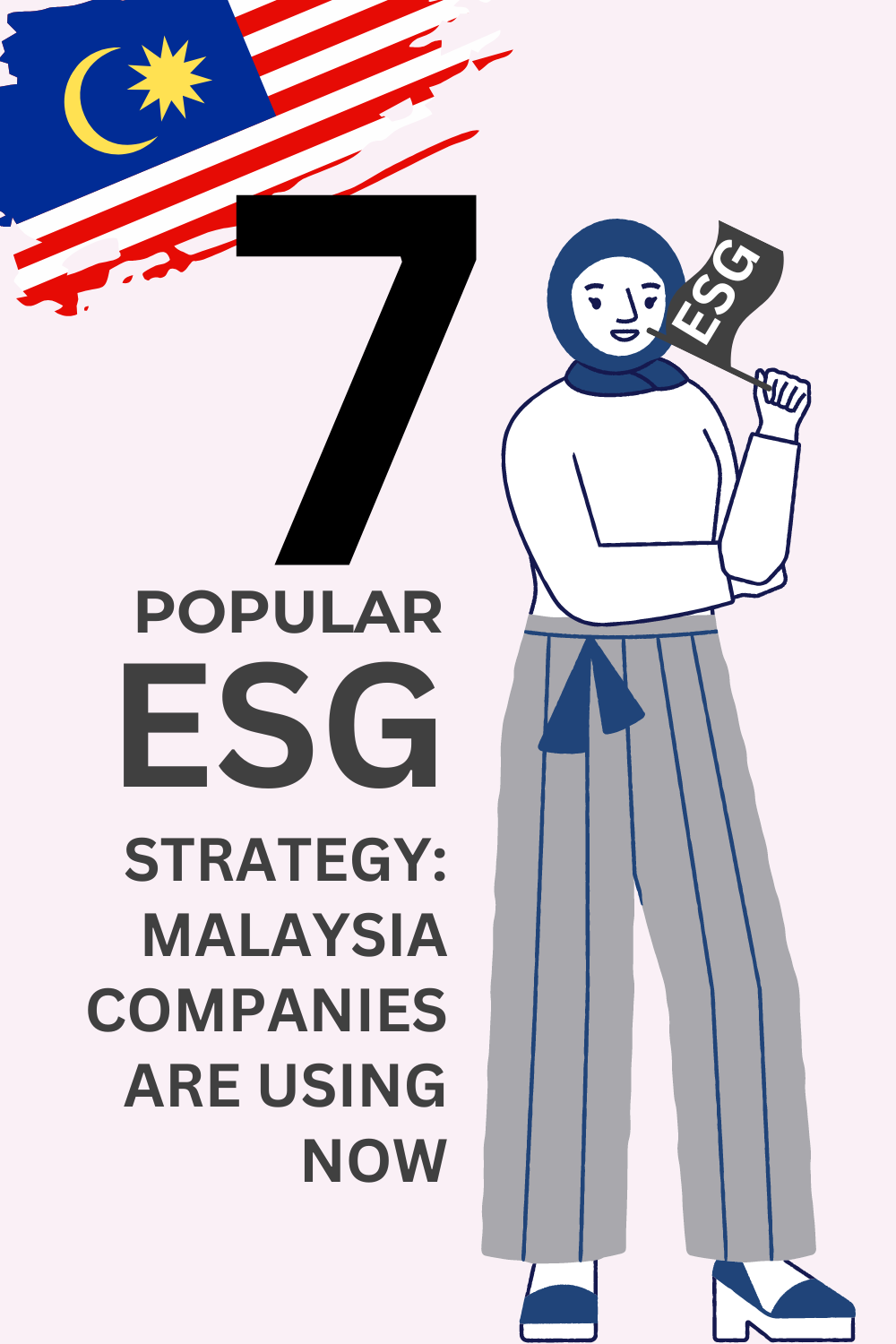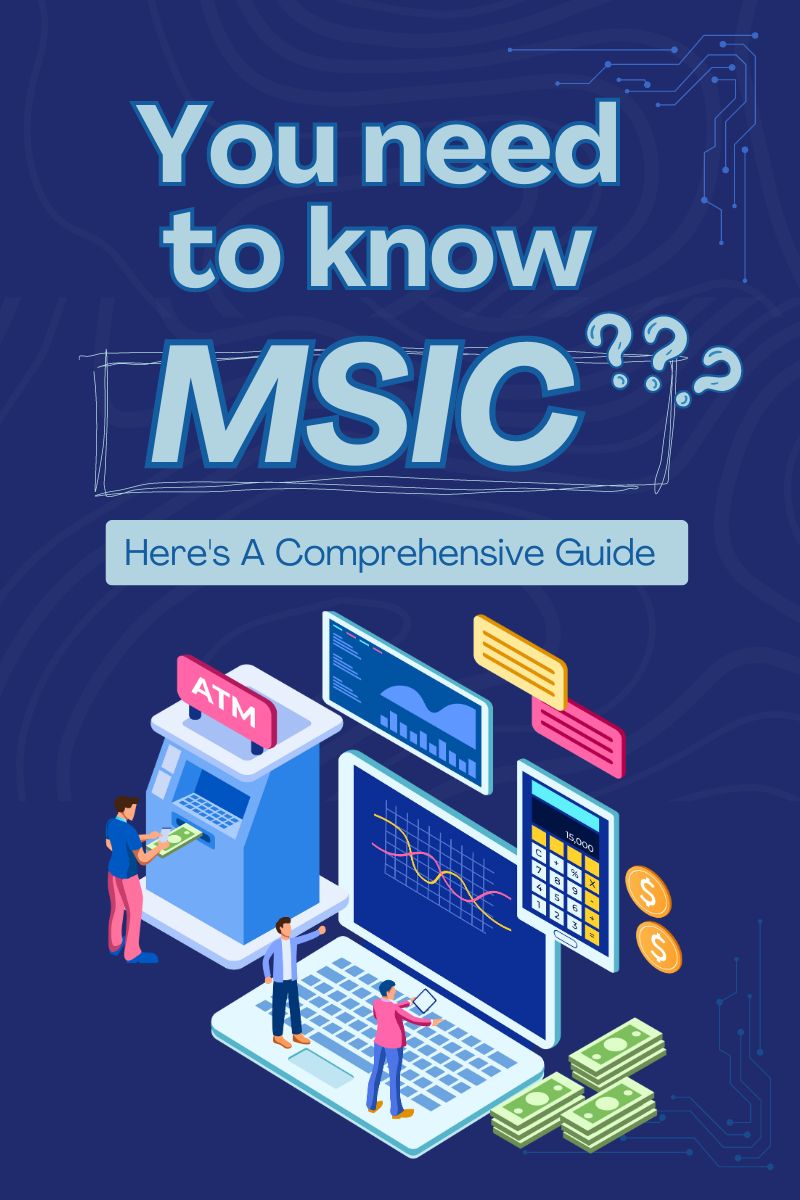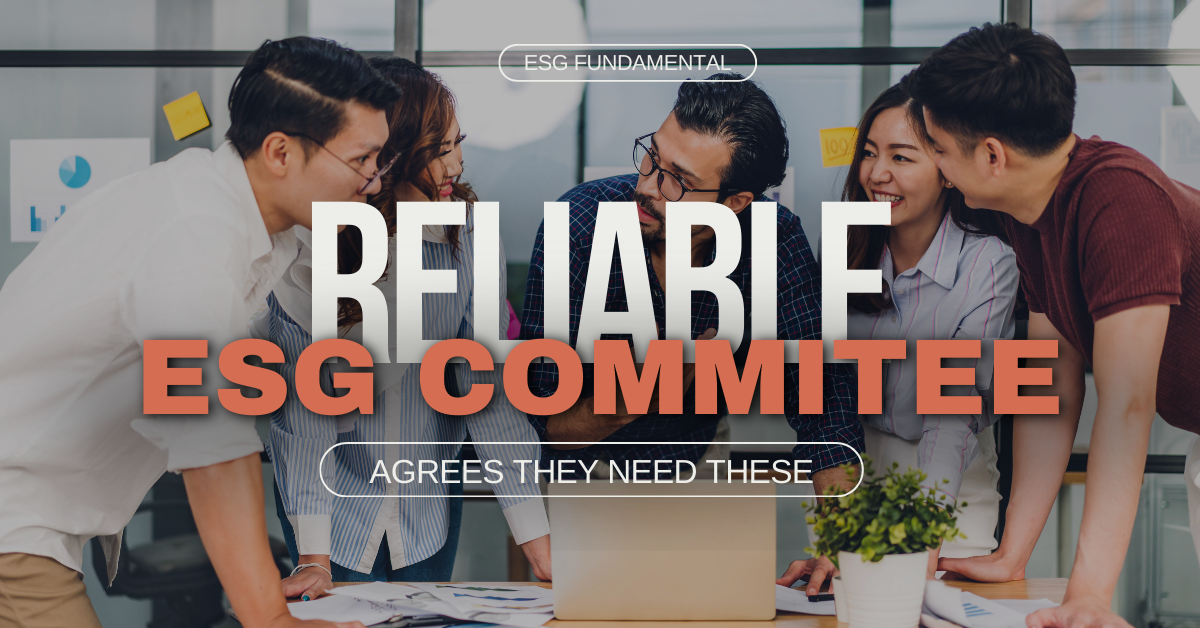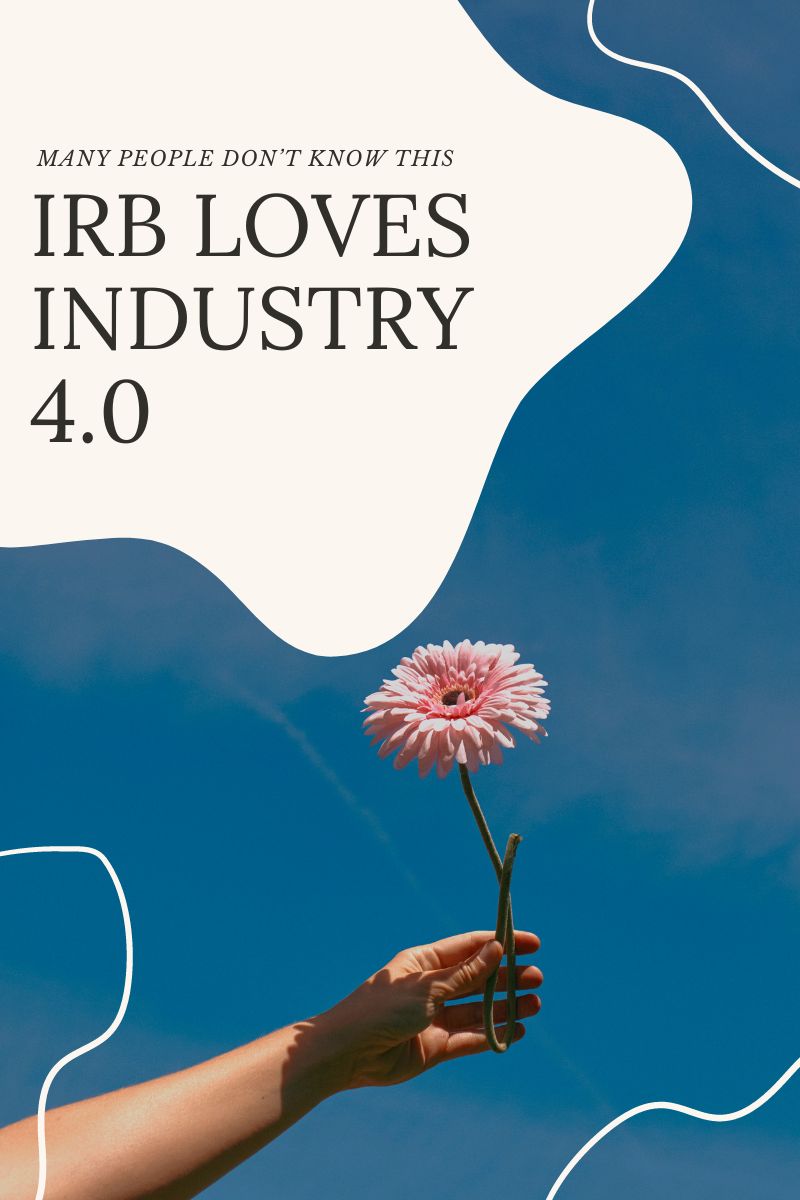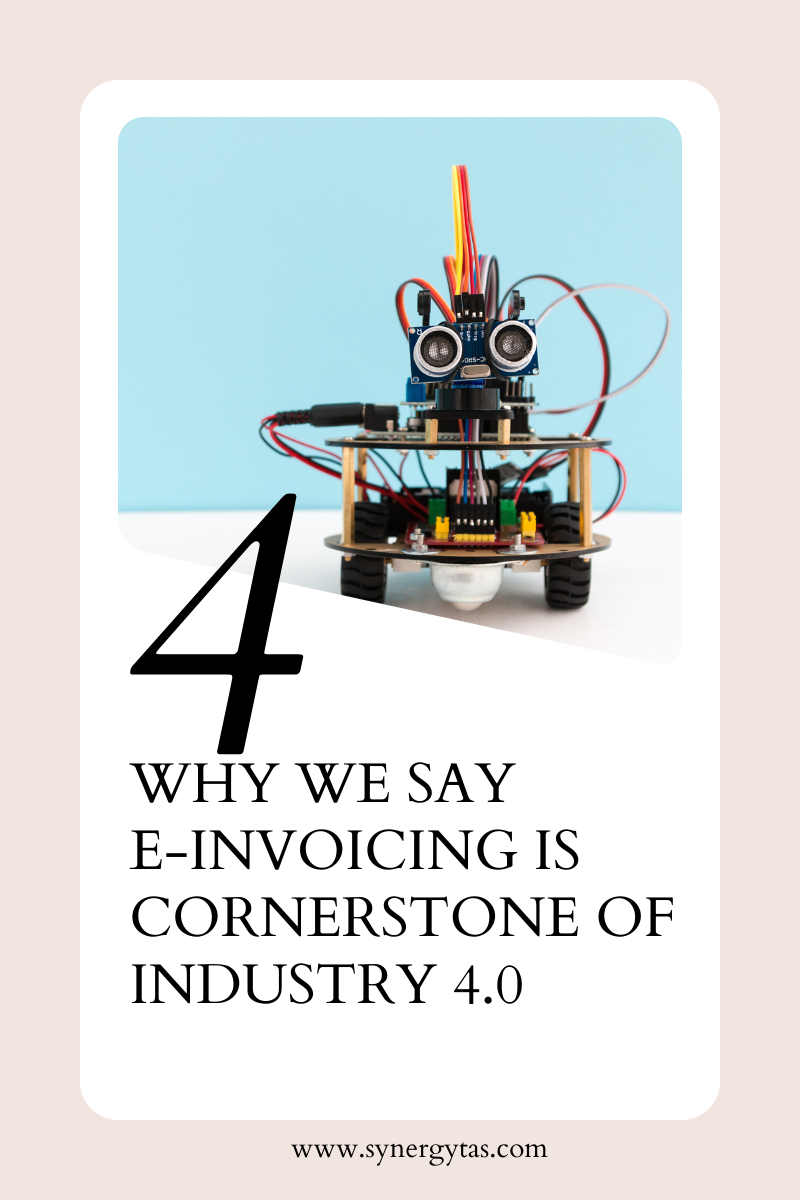7 ESG Strategies for Malaysia Companies: A Guide to Sustainable Success
In today’s rapidly transforming business landscape, environmental, social, and governance (ESG) strategies are more than noble commitments—they’re a necessity. What can organisations do to thrive and lead the way in sustainable practices? The answer lies in understanding how to effectively embed ESG considerations into a business’s core.
With stakeholders increasingly prioritising sustainable approaches, organisations are under pressure to pivot from a traditional shareholder-orientated model to one that considers a broader range of influences and outcomes. How does this shape the organisational purpose? And perhaps more crucially, what practical steps can organisations take to transition towards a sustainable future?
There are many approaches to adopting ESG, and we list them here as a spark to initiate your journey.
Strategy 1: Understanding Stakeholder v. Shareholder Orientations
The stakeholder-oriented approach marks a significant shift from a sole focus on shareholders’ profits. Instead, it’s about recognising the value and interests of all parties impacted by a company’s operations—from employees and customers to communities and the environment. But how can an organisation balance these often-competing interests?
Organisations must actively dialogue with stakeholders to understand their concerns and expectations. This, in amalgamation with solid leadership commitment, is fundamental to setting the groundwork for a resilient ESG strategy.
Strategy 2: Defining and Establishing Organisational Purpose
Your organisational purpose is the lighthouse that guides your ESG efforts. It should reflect an inclusive view of your business’s societal role, exceeding profit generation to encompass environmental stewardship and social responsibility. Does your organisational purpose articulate a commitment to the greater good?
In practice, defining your purpose means clearly and boldly stating your ESG goals within your mission and value statements, ensuring they are interwoven with your corporate identity.
Strategy 3: Going Net Zero
Tackling climate change head-on, many organisations are pledging to go net zero. But beyond declarations, what tangible measures can lead to this transformation? Is going net zero an achievable milestone or a distant mirage for your organisation?
To reach net zero, companies must perform comprehensive carbon footprint assessments, pursue energy efficiency, invest in renewable energy, and offset unavoidable emissions through credible schemes. Transparently tracking and reporting progress is key to maintaining stakeholder trust and momentum.
Strategy 4: Circularity and Supply Chains
Adopting circular economy principles requires rethinking and redesigning products and processes to minimise waste and maximise resource efficiency. How circular is your current supply chain? Organisations should evaluate their procurement policies, engage with suppliers on sustainability practices, and innovate towards sustainable materials and packaging.
Strategy 5: ESG Reporting: Shifts and Limits
Accurate ESG reporting isn’t just about disclosing data; it’s about disclosing the right data in a way that is meaningful and comparable. Stakeholders demand transparency and specificity. Are your ESG reports providing clarity or adding to the noise?
It’s essential to follow established frameworks and standards while providing clear narratives that explain the ‘why’ and ‘how’ behind the numbers.
Strategy 6: Embedding ESG into Governance Structure and Business Models
Integration is the name of the game. ESG considerations should be ingrained within corporate governance structures and decision-making processes. Is ESG embedded into your business model or tacked on as an afterthought?
A successful integration involves establishing dedicated ESG roles or committees, setting targets tied to executive compensation, and educating the entire workforce on its importance.
Strategy 7: Leading Change Towards Sustainability
True change towards sustainability requires proactive leadership. Are the leaders in your organisation equipped to drive ESG initiatives? This involves creating a culture where sustainability is everyone’s responsibility, and where leading by example is the norm.
Leaders must foster innovation, collaborate across sectors, and be willing to invest time and resources into sustainable practices for the long-term gain.
In Summation
Organisations today must pave the way for sustainable business practices. From understanding the balance between stakeholder and shareholder value, adopting circular supply chains, practising transparent reporting, to integrating ESG seamlessly into the corporate fabric, the quest for sustainability is multi-faceted but undoubtedly rewarding.
Each company is unique in its own way; with the Materiality Assessment, you will be able to see your company clearly and then only decide on the Strategy you are taking.
The path to sustainability is iterative and demands continuous learning and adaptation. Yet, with each stride taken, organisations stand to improve their environmental and social footprints and their long-term resilience and success.
Are you prepared to lead your organisation into a sustainable future?
